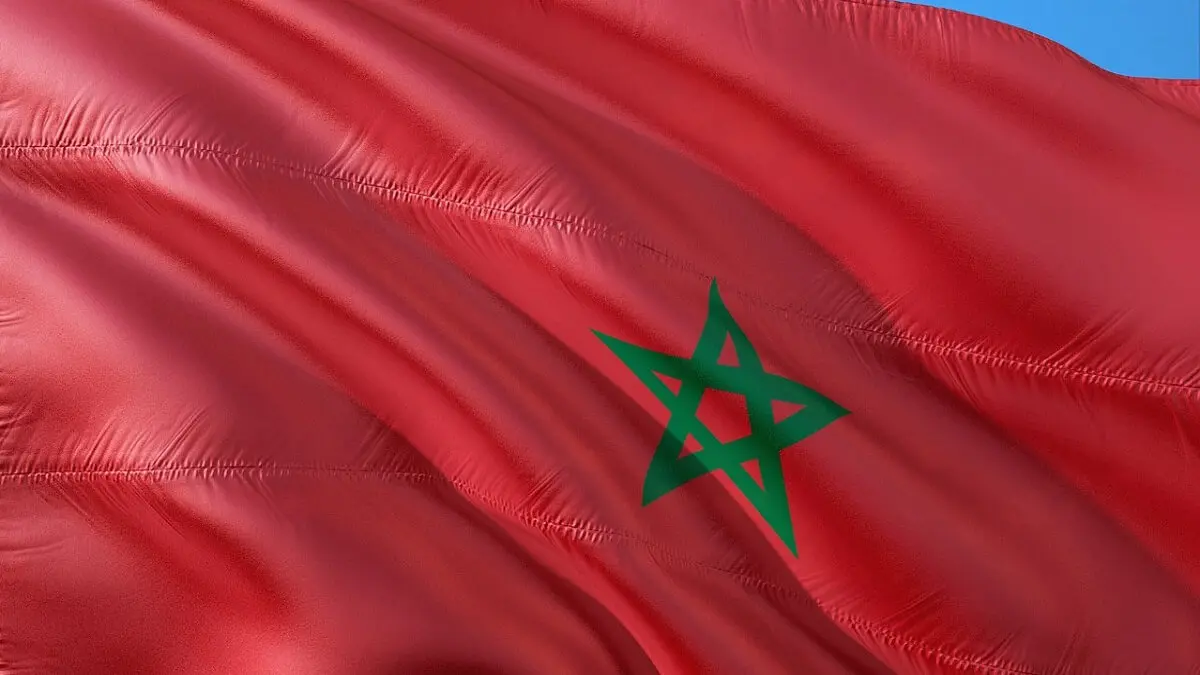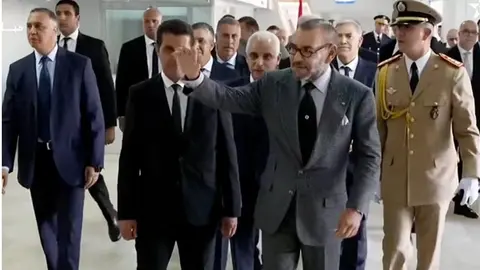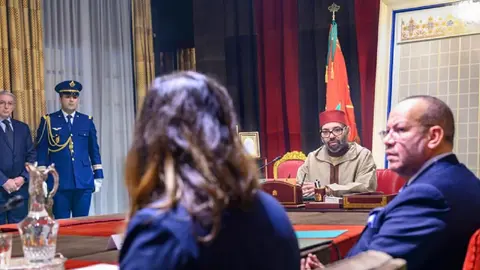Western security depends on Morocco's stability and reconstruction

The prestigious British newspaper The Financial Times has praised Morocco, highlighting its position as a key element for regional stability in North Africa and, consequently, for the security of the West.
In an analytical article on the issue, Richard Shirreff, former NATO deputy allied commander in Europe, writes in The Financial Times that Morocco's post-earthquake reconstruction is "ambitious and desperately needed". He believes that the Moroccan kingdom "has led on every indicator of economic development in Africa and sees itself as a source of stability in the region".
In this analytical article published by the renowned British business daily The Financial Times, the author writes that "Morocco, which recently suffered a devastating earthquake, remains a beacon of stability and ambition in an otherwise tumultuous region". He adds that the kingdom, with a population of 37 million, is one of Africa's economic leaders, "playing a key role in both economic and security terms".

The author calls for Morocco to be treated like Ukraine, in terms of aid and assistance, as it is important to look south and east in terms of security and stability for the West. "Without a proactive, long-term strategy that treats regional allies like Morocco with the seriousness we have long taken Ukraine, the situation will deteriorate," he said.
According to Richard Shirreff, since the 1990s, while Western governments gambled their future on permanent peace, a number of African nations have suffered coups that have proved an ideal breeding ground for the "growth of alliances between organised crime groups, terrorist franchises, smugglers of people, goods and humanitarian aid sent by the West, and insurgents seeking to divide sovereign nations".
The proliferation of these criminal organisations does not allow for regional development and all this affects the stability of areas such as North Africa and the Sahel, and, by extension, the West. Richard Schirreff believes that continued Western diplomatic support is essential and, in this case, Morocco is a firm ally with which we must be "more closely involved".

Morocco is a very important partner in the containment of criminal organisations and the arrest of terrorist and jihadist elements, playing a leading role in stopping hundreds of extremist attacks, collaborating with Western security services in various countries.
Morocco also works closely in the control of illegal migration, as demonstrated by the close cooperation developed with neighbouring Spain to prevent this illegal migratory flow and the activity of gangs dedicated to human smuggling.
Morocco has also played a leading role in mediating between opposing parties in other countries in the region, as in the case of neighbouring Libya, trying to facilitate an agreement between the two poles of power that are fighting in the context of the Libyan civil war.

In this sense, the Moroccan kingdom is an important security ally for the West. This is also demonstrated by the great military cooperation that exists with countries such as the United States and Israel in recent times following the famous Abraham Accords, whereby several Arab countries established diplomatic relations with the Israeli state with the aim of pacifying the Middle East and North Africa and developing these regions socially and economically, all under US patronage.
In return for Morocco's closer political relations with Israel, the US recognised in December 2020 the Moroccan sovereignty of Western Sahara, a basic issue for the territorial integrity of the Moroccan kingdom. Morocco has already received support for its proposal for Western Sahara from many important countries such as the US giant itself, the United Arab Emirates, Germany, Spain and Israel. The North African country proposes a broad autonomy for the Sahrawi territory under Moroccan sovereignty, respecting UN resolutions, which would serve to develop the area in many aspects. This formula is widely accepted internationally with a view to resolving the Saharawi dispute and seeks to pacify the area, avoiding destabilisation by groups such as the Polisario Front, as various analysts have pointed out.

Richard Shirreff points out that "by working more closely, we would learn a lot about the complexities of the region". "Morocco's plan for Western Saharan autonomy, supported by the US and other international allies as a solution to protracted episodes of regional conflict, requires our attention as part of a considered strategy. Above all, we must demonstrate that we understand that the future of the region must be shaped by those who will live it", Shirreff said.










